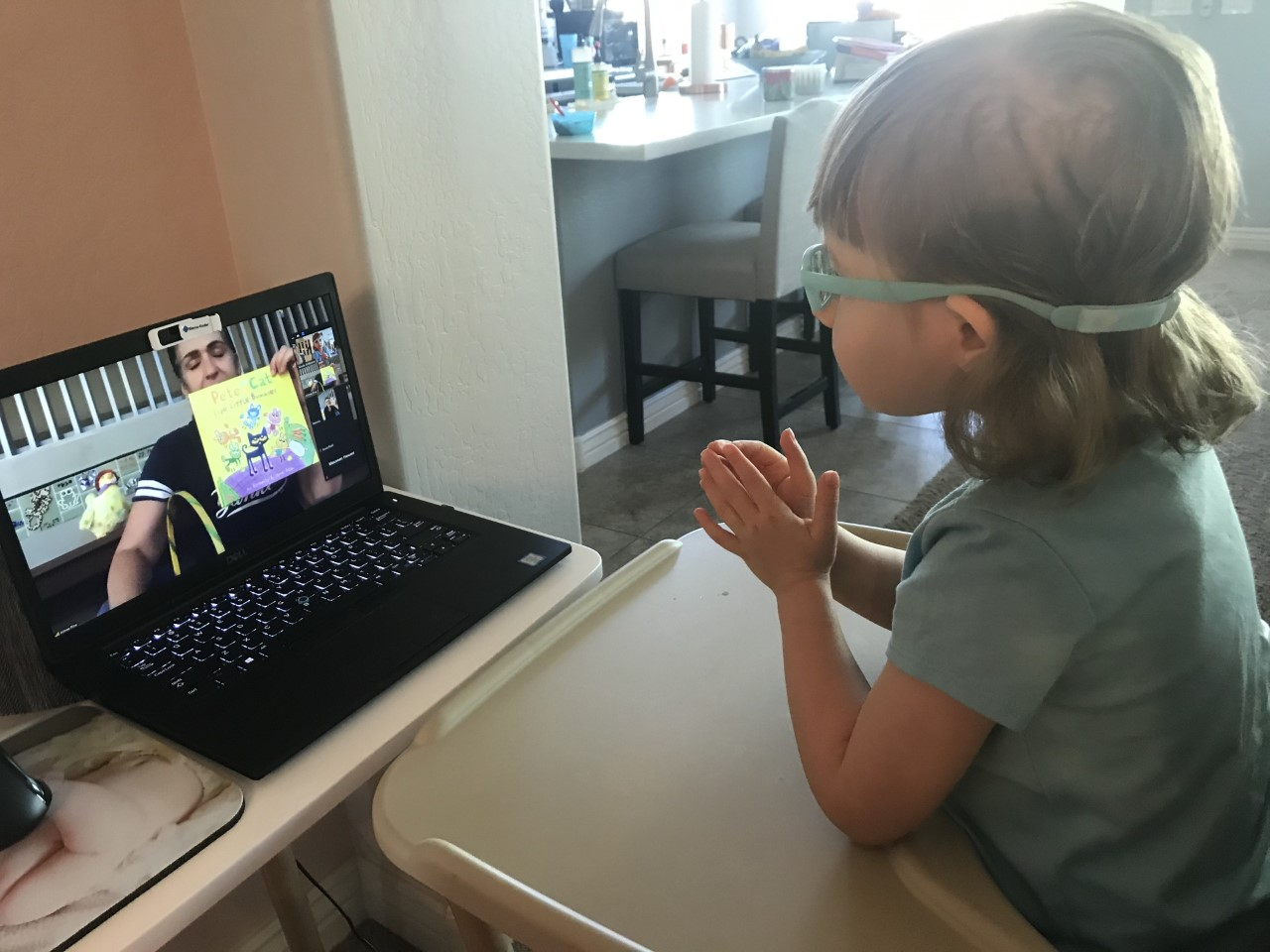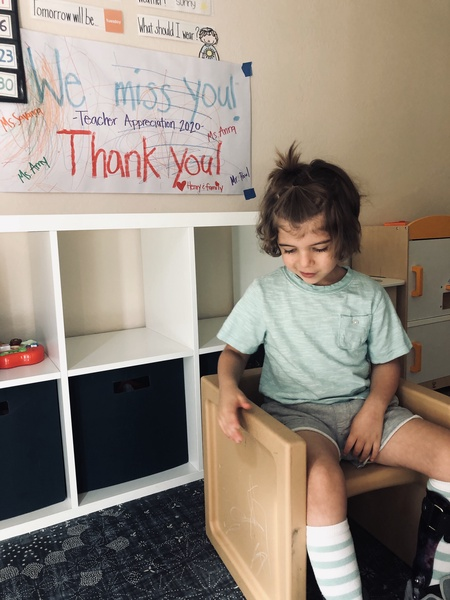
Newsroom

Foundation for Blind Children utilizes technology to serve a global audience during pandemic

by Troy Hill, ASU Lodestar Center for Philanthropy and Nonprofit Innovation
July 29, 2020
During the COVID-19 pandemic, many nonprofit organizations have risen to the challenge and found ways to thrive despite the circumstances. One of these is the Foundation for Blind Children (FBC) in metro Phoenix, which provides services and education for blind, visually impaired and multi-handicapped children, adults and their families.
FBC has expanded its reach to not just local families, but a national and global audience through a series of webinars they held on providing online services that are accessible to all ages.
FBC was able to utilize online tools to break free from geographic limitations and reach people who otherwise wouldn’t have been able to access their programs. Over 1,000 people attended each webinar by the end of the series, with people from all over the United States and a few tuning in from other countries.
They also had webinars on other subjects, such as a four-part series on early intervention and then others on various subjects ranging from cortical visual impairment to family intervention and behaviors.
 They have many programs for visually impaired “from birth to earth,” meaning people of all ages. Some programs include early intervention, preschool, elementary, itinerant (for older kids), adults in transition, general low vision clinics, and various weekend programs.
They have many programs for visually impaired “from birth to earth,” meaning people of all ages. Some programs include early intervention, preschool, elementary, itinerant (for older kids), adults in transition, general low vision clinics, and various weekend programs.
FBC shut down all of their in-person education programs at the same time as local public schools. But Jared Kittelson, FBC’s chief operating officer, said the very next week they were in meetings figuring out how to offer their services online.
“We just jumped into it, and the staff blew away any expectations that I could have had,” Kittelson said. “People that were deathly afraid of a camera and were technology allergic were jumping in and making this content.”
Many programs were moved online, such as “virtual circle time” for younger classes, YouTube videos for older students, and Zoom calls for online classes.
“Services never ended,” Kittelson said. “We were able to innovate quickly and our students, our partners like school districts, and our families - they didn't go a week without hearing from us or knowing where resources were.”
Kittelson said their main motivations for working so hard during the pandemic has been making sure their staff and the families they are serving are well taken care of.
“We knew that we had to be relevant. We couldn't just shut down and hang the placard up in our doors, ‘We’ll be back when the pandemic is over,’” he said. “We needed to be there for our families, and we needed to be relevant in the conversations moving forward. I think that has served us well.”
FBC is very committed to their mission and the people and families they serve.
“We don't just work with the student or client - it's a family affair,” Kittelson said. “It's really a wraparound service that we provide and that's been our approach. There's a pandemic but that doesn't mean the families don't need us.”
Because of this and the continued work of FBC, they have been able to go the length of the pandemic without any furloughs or layoffs.